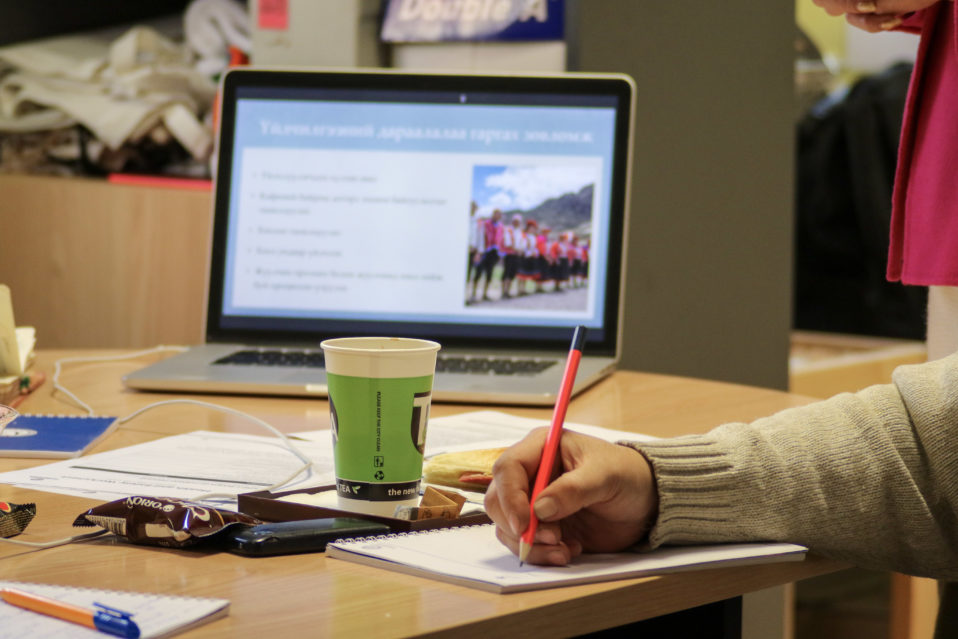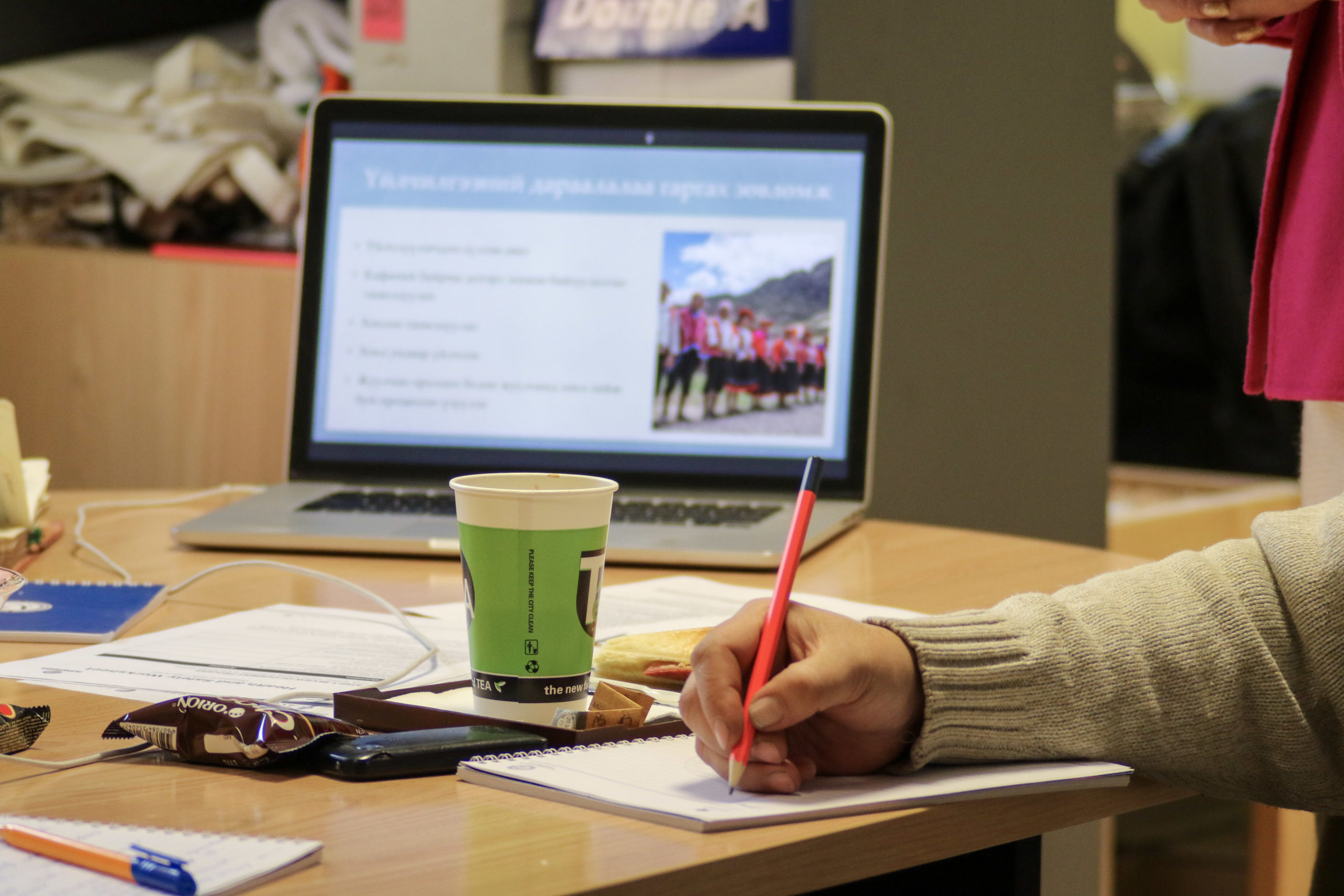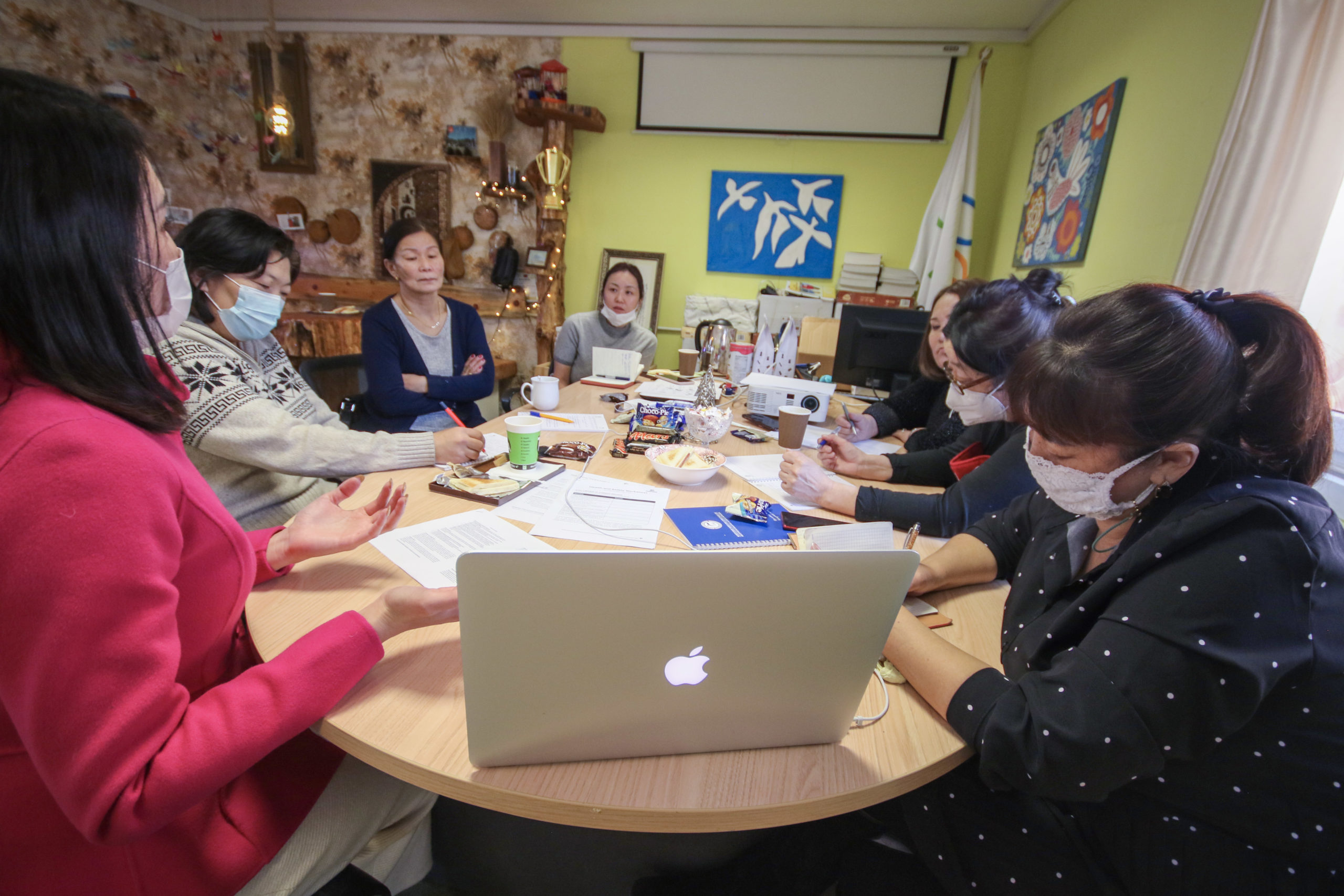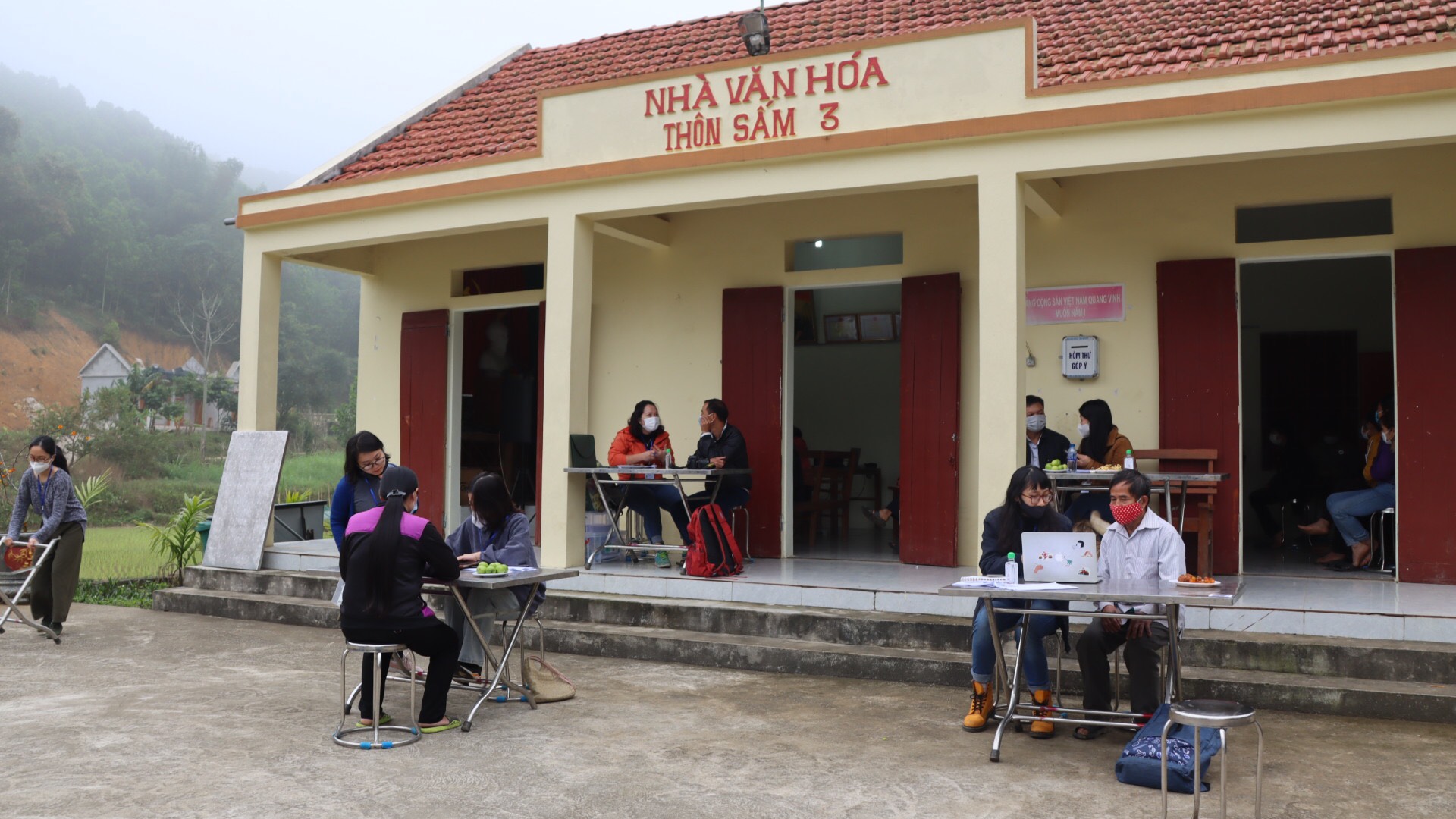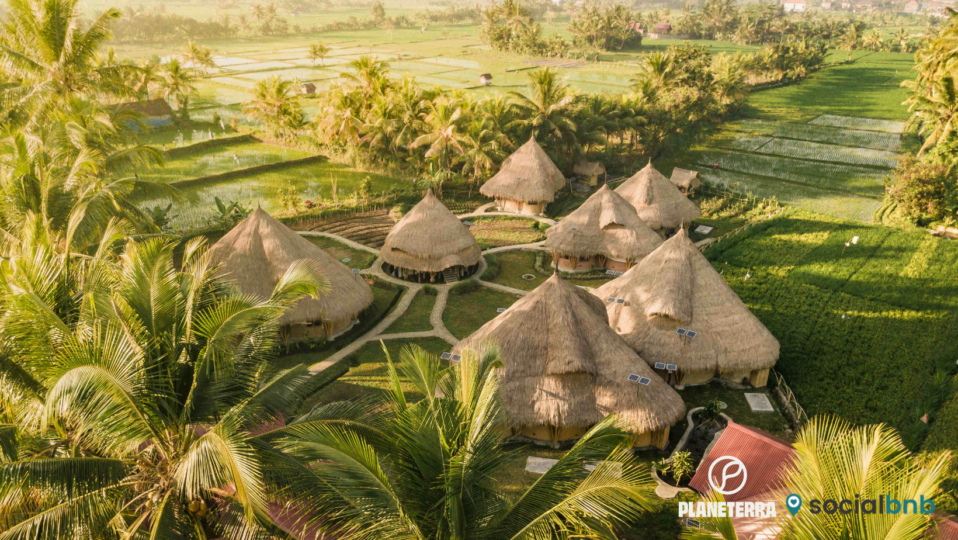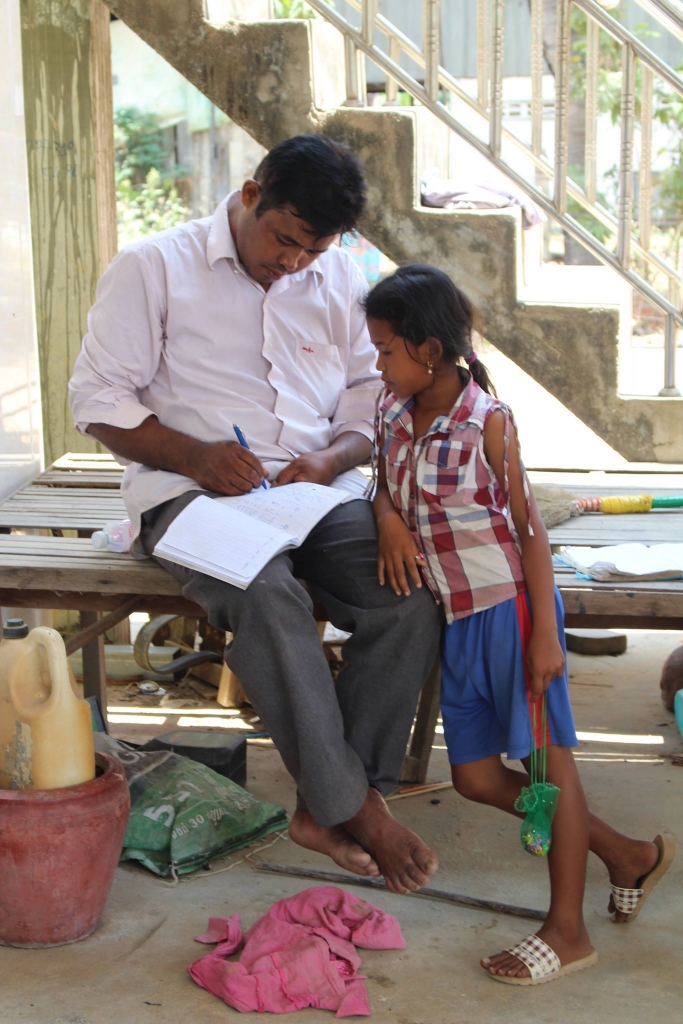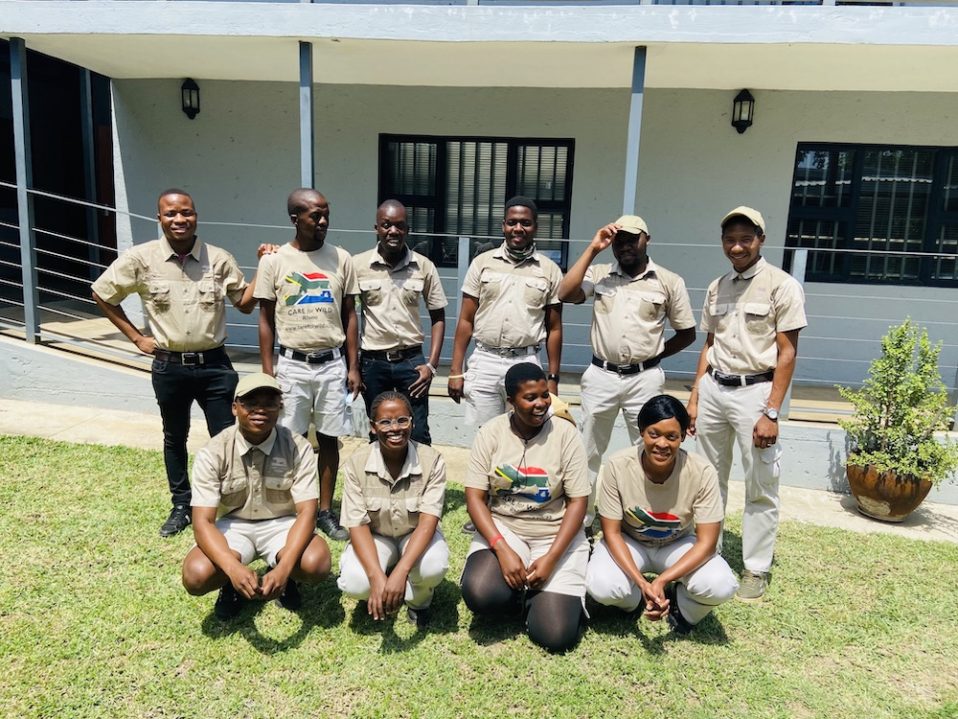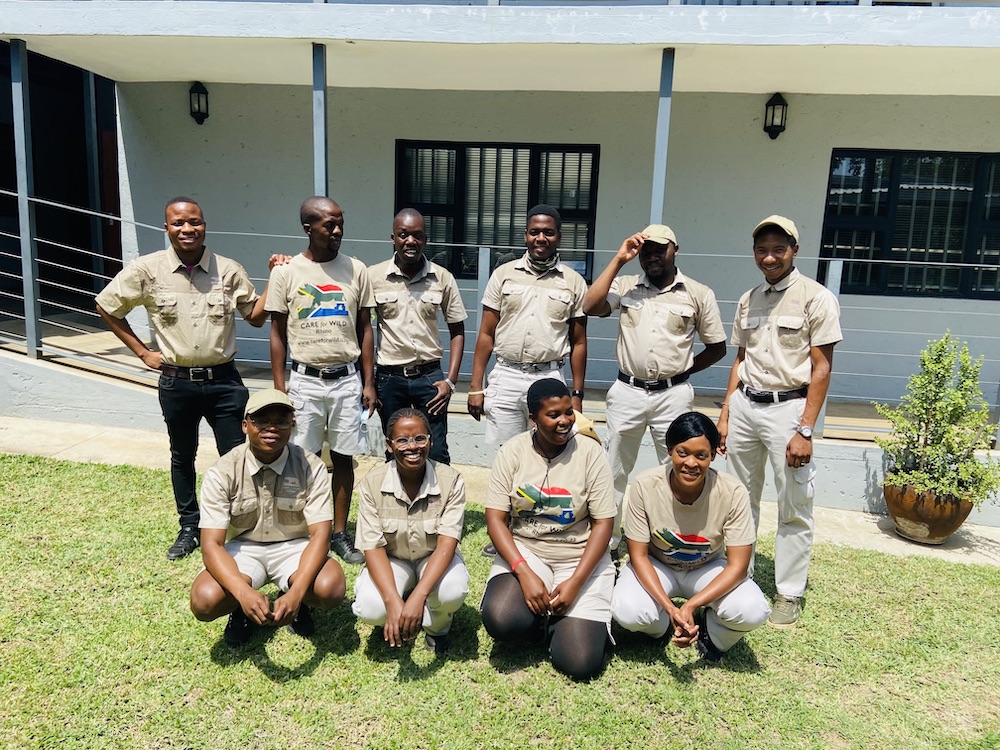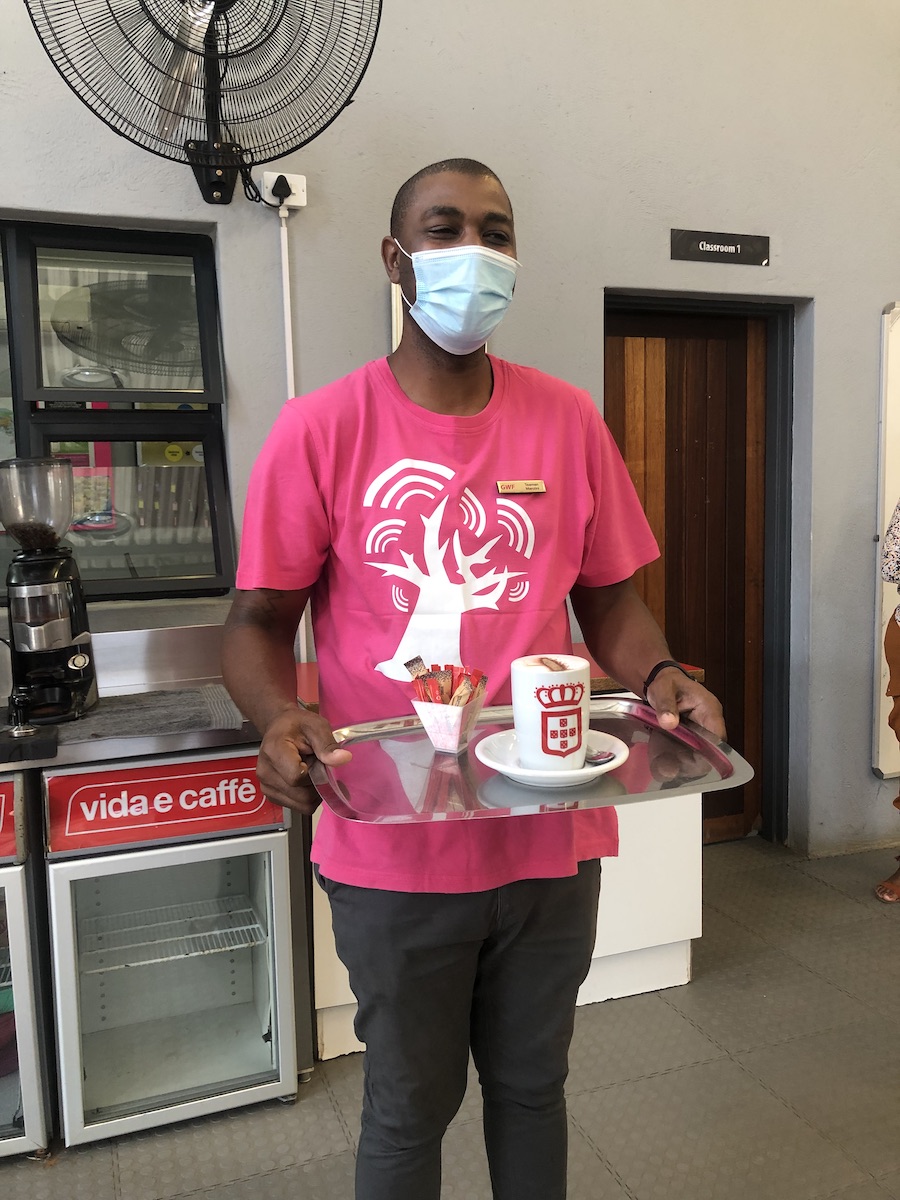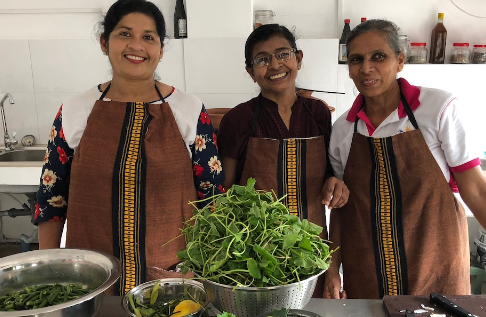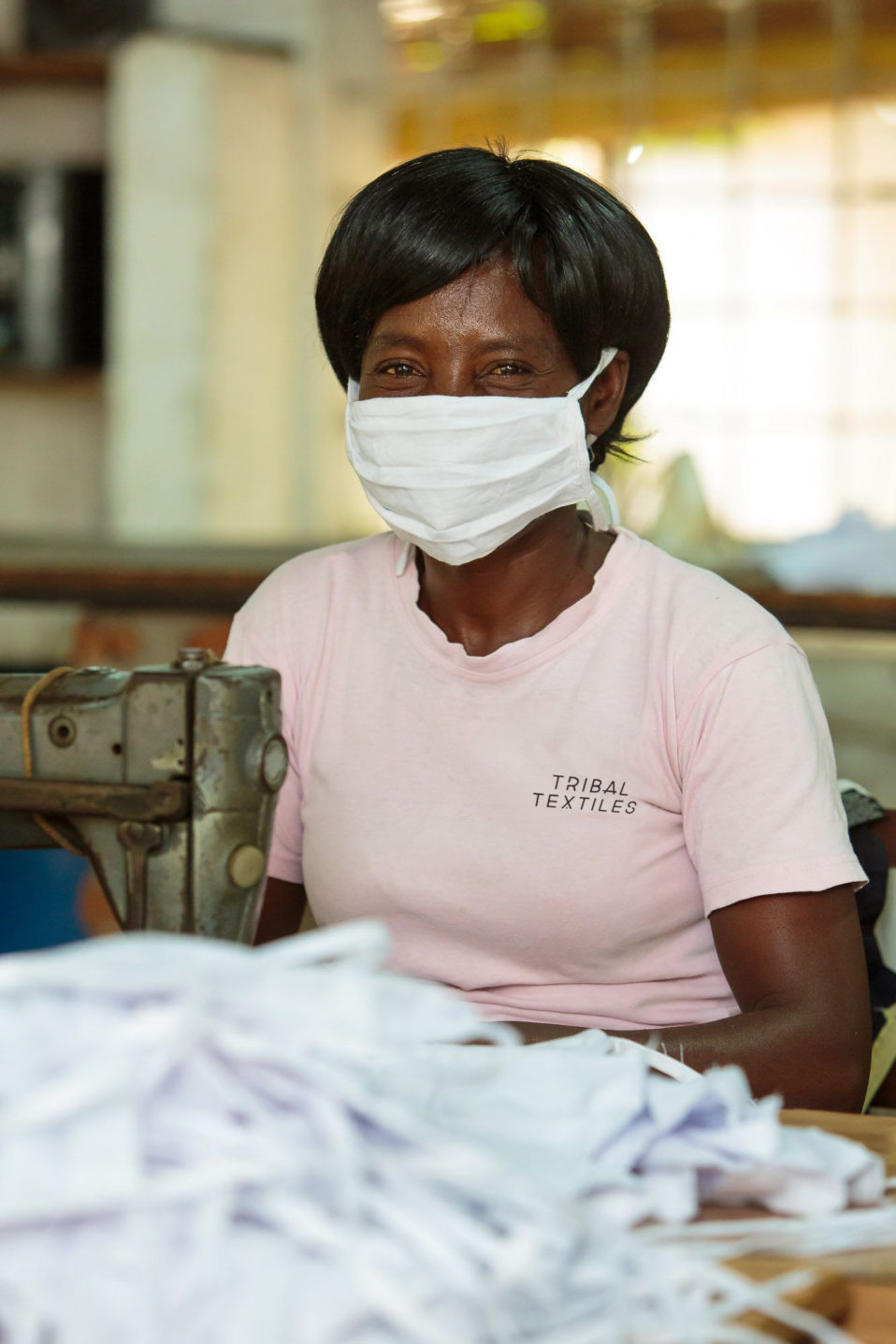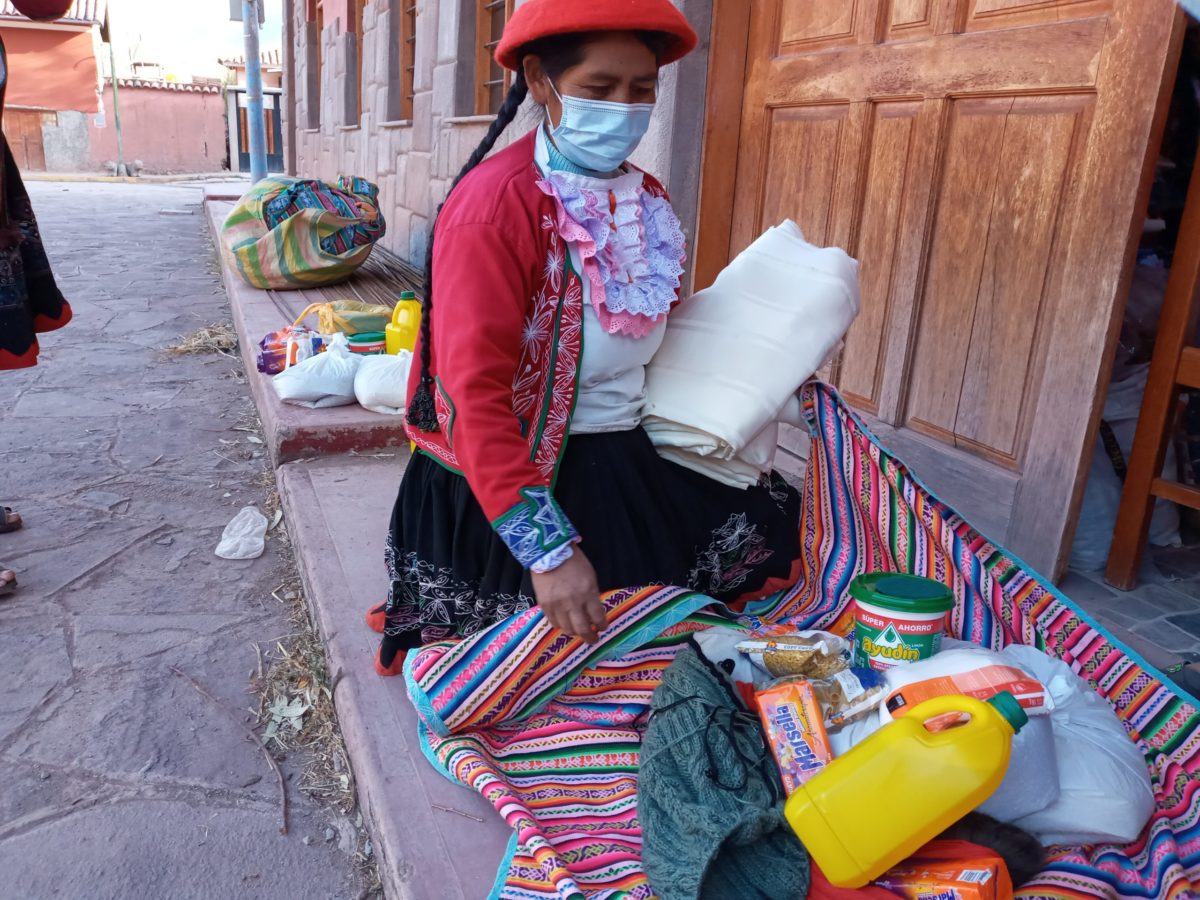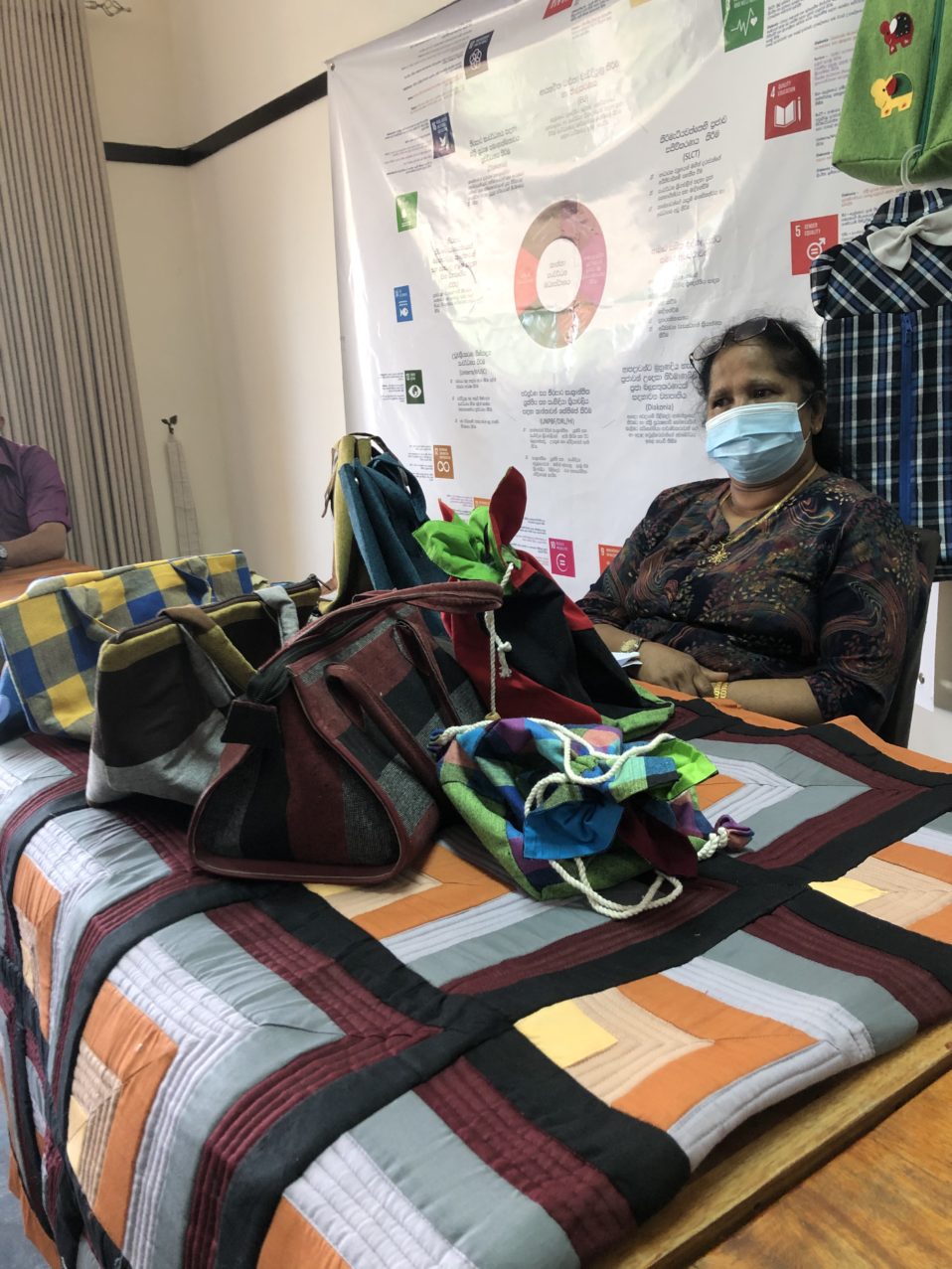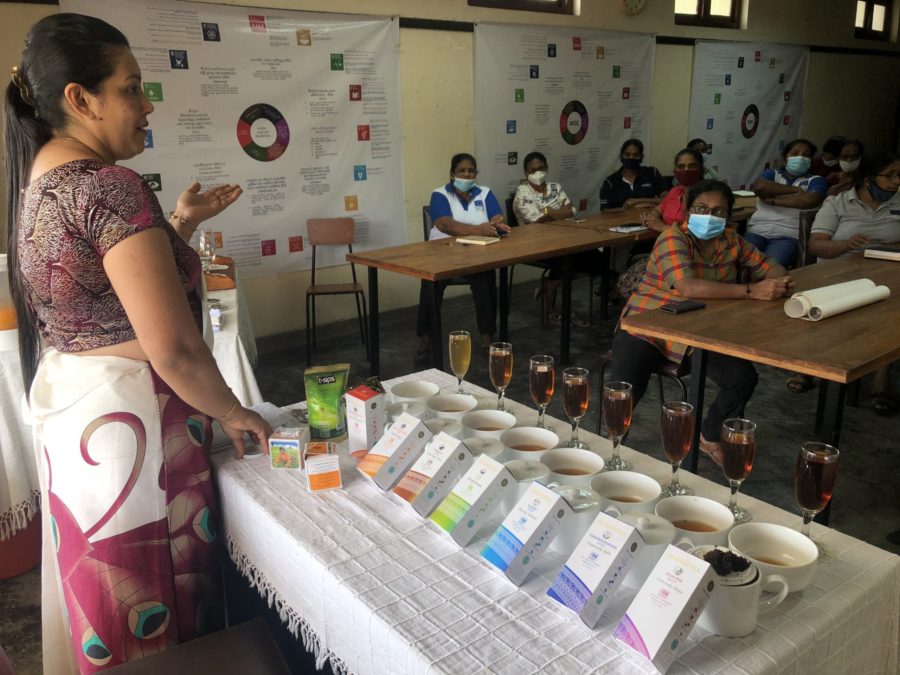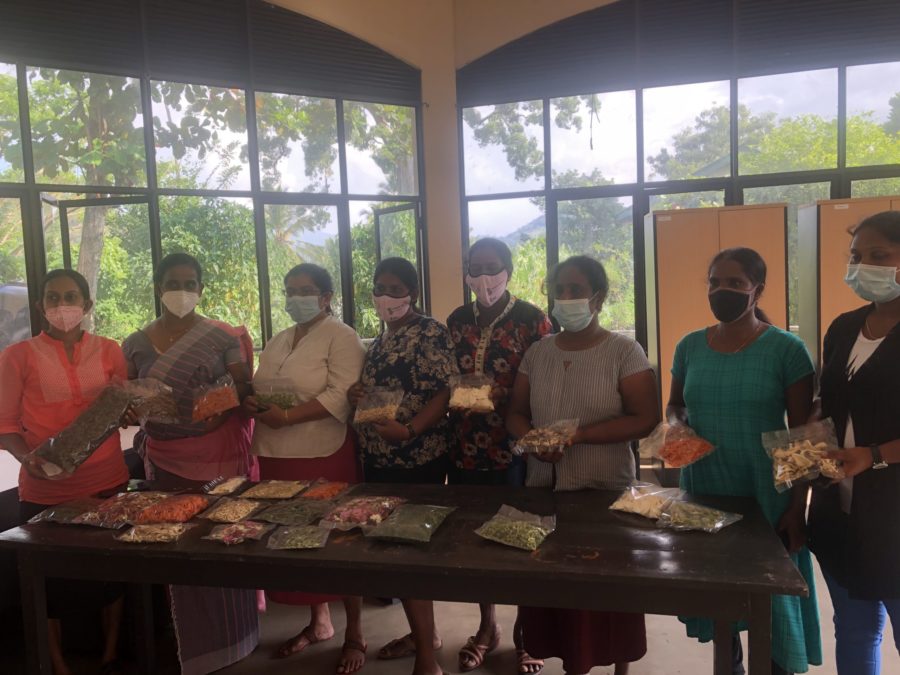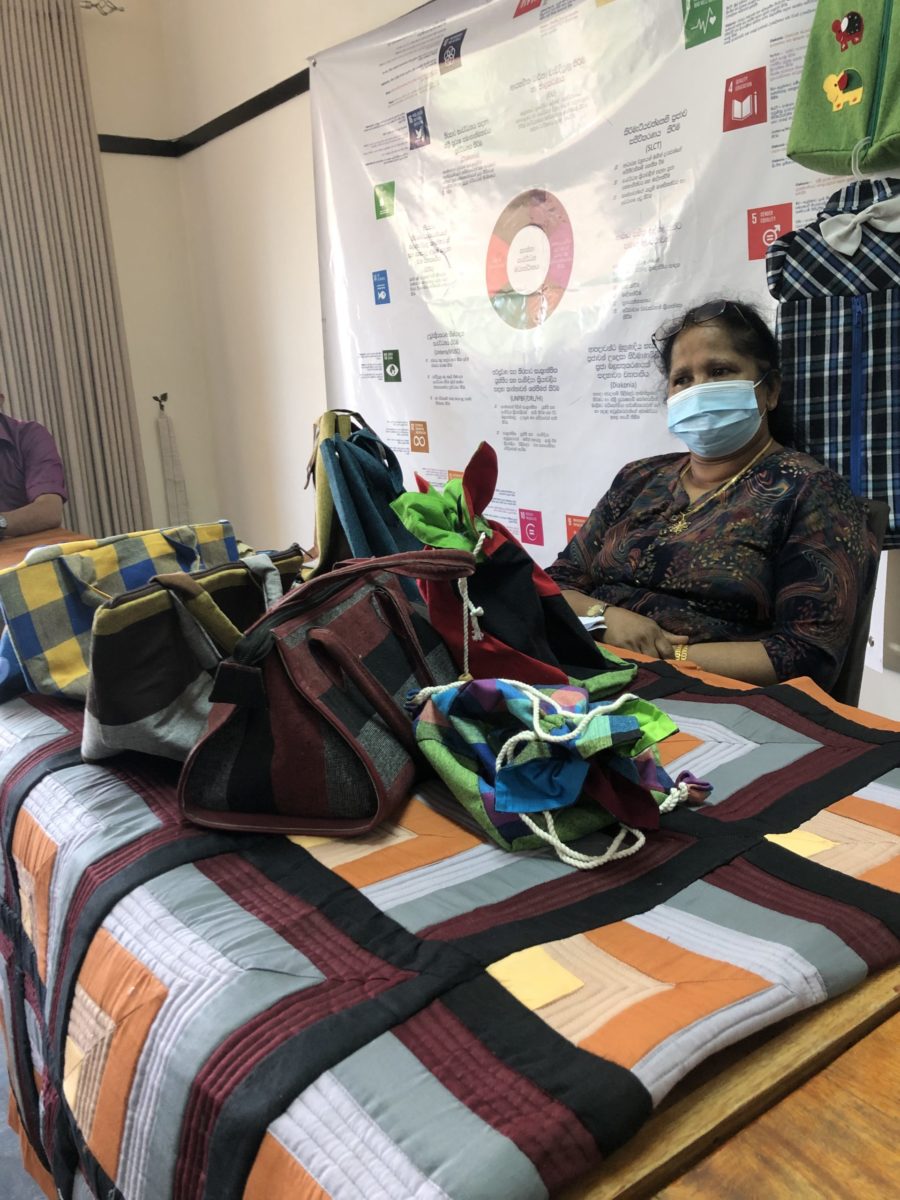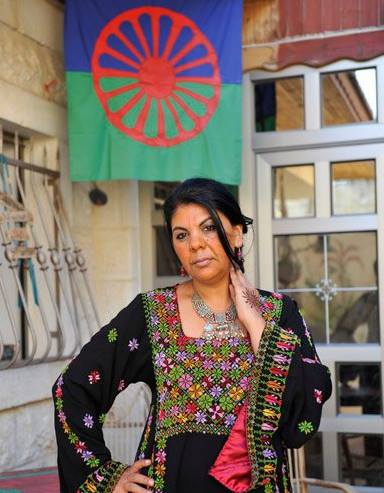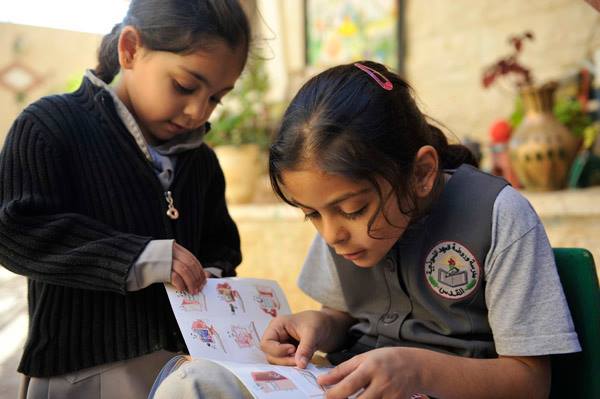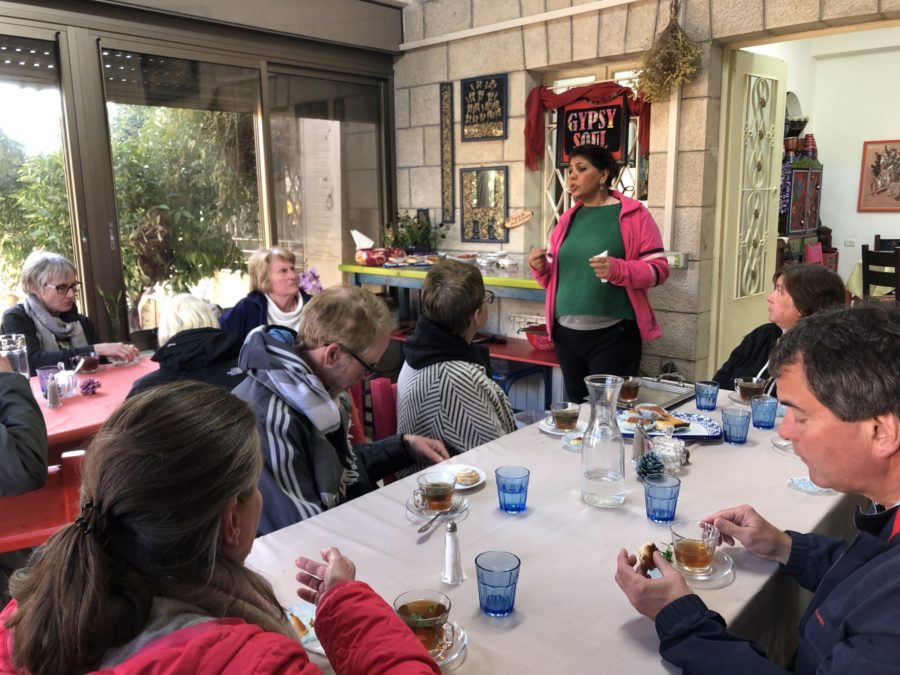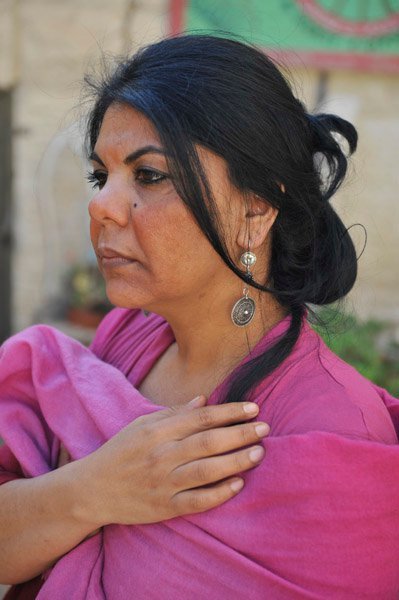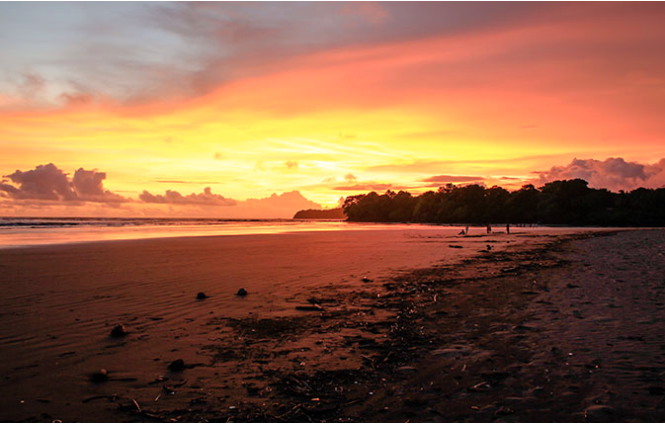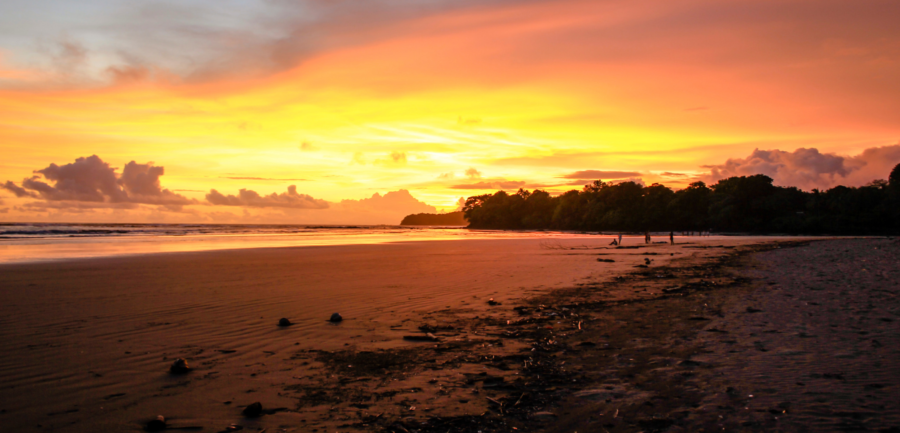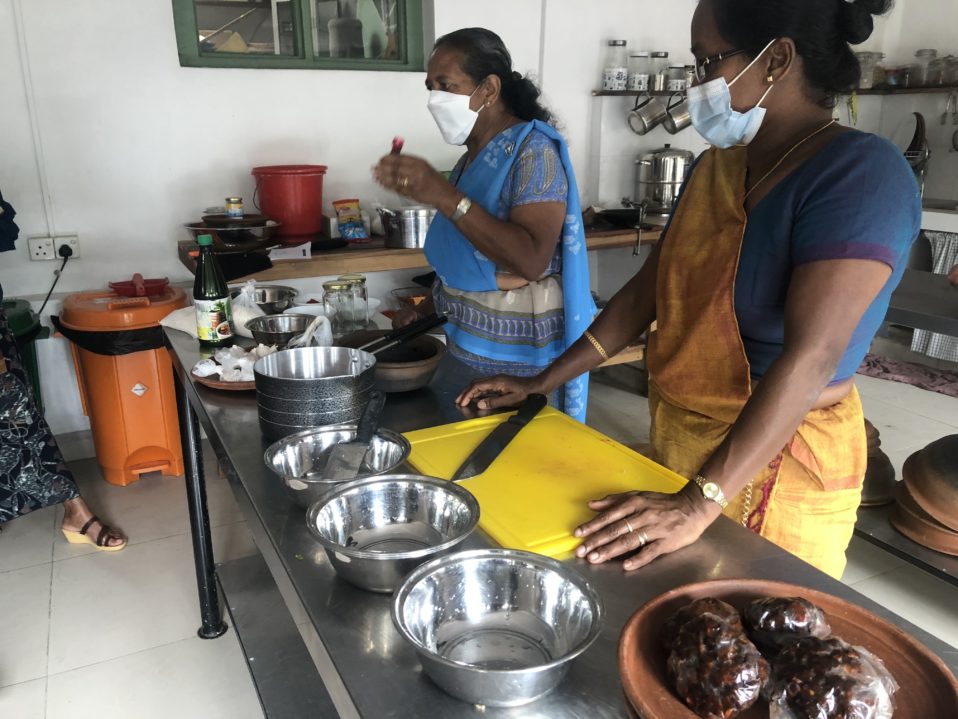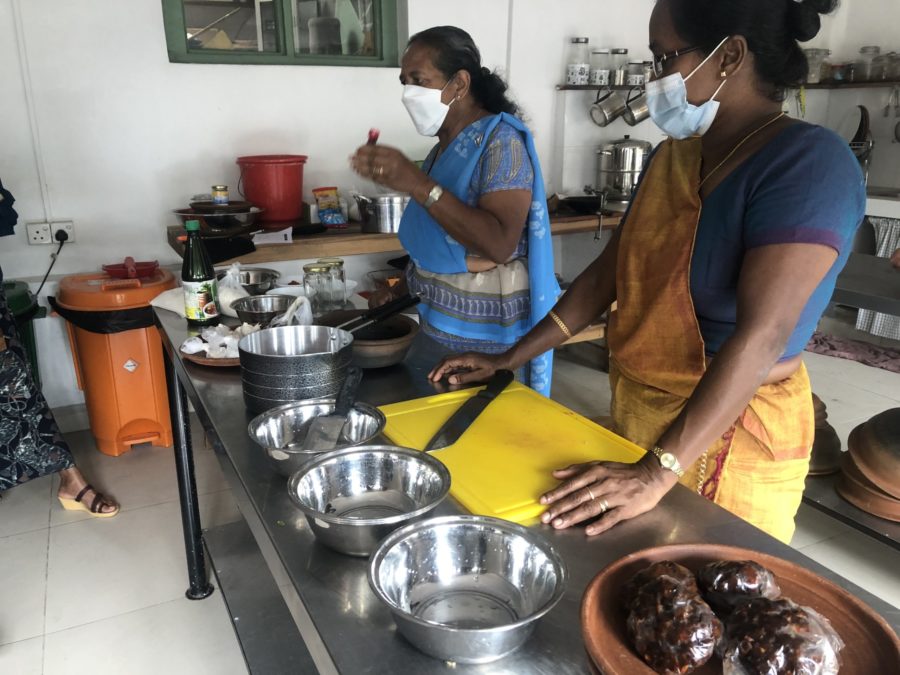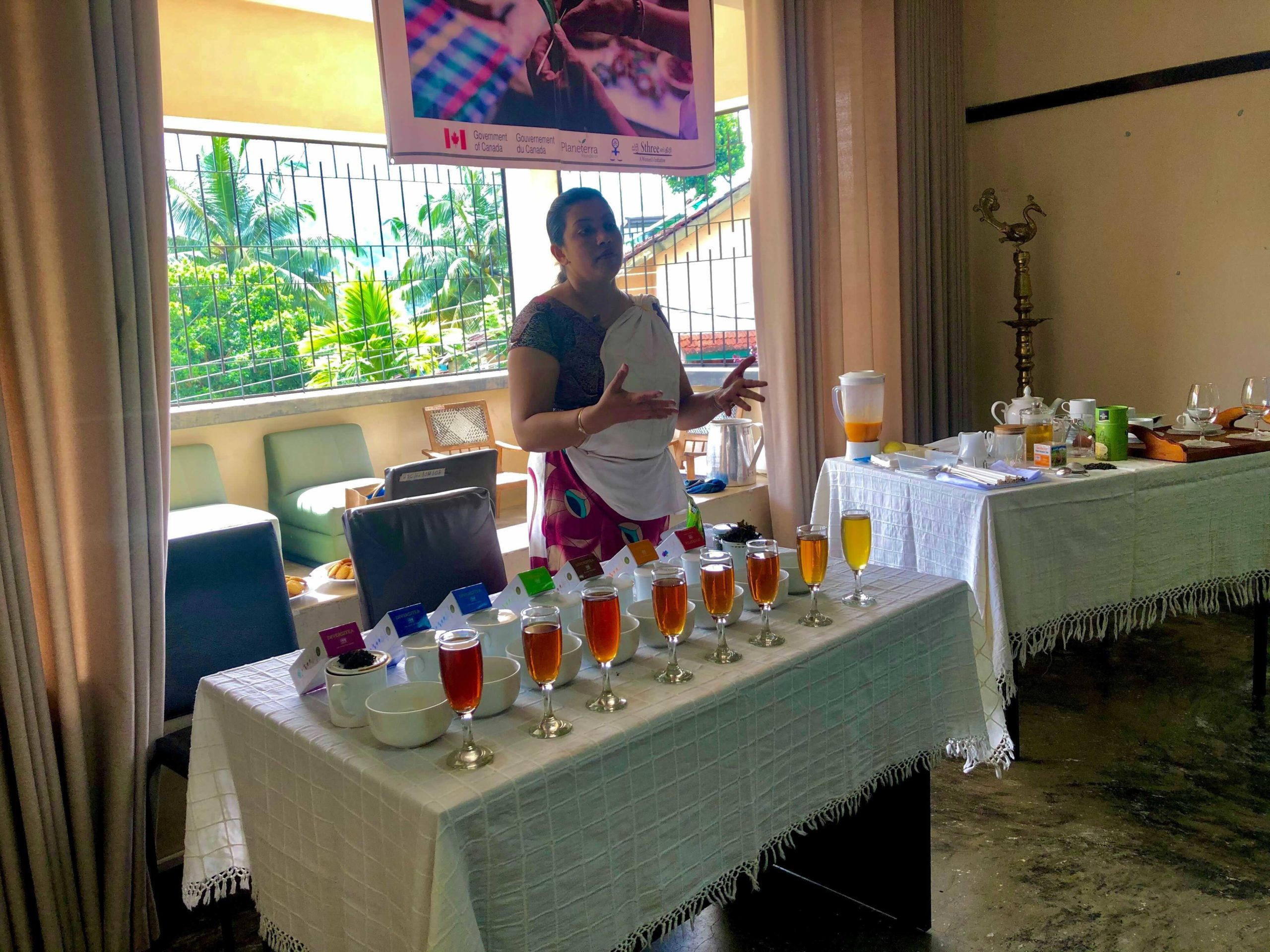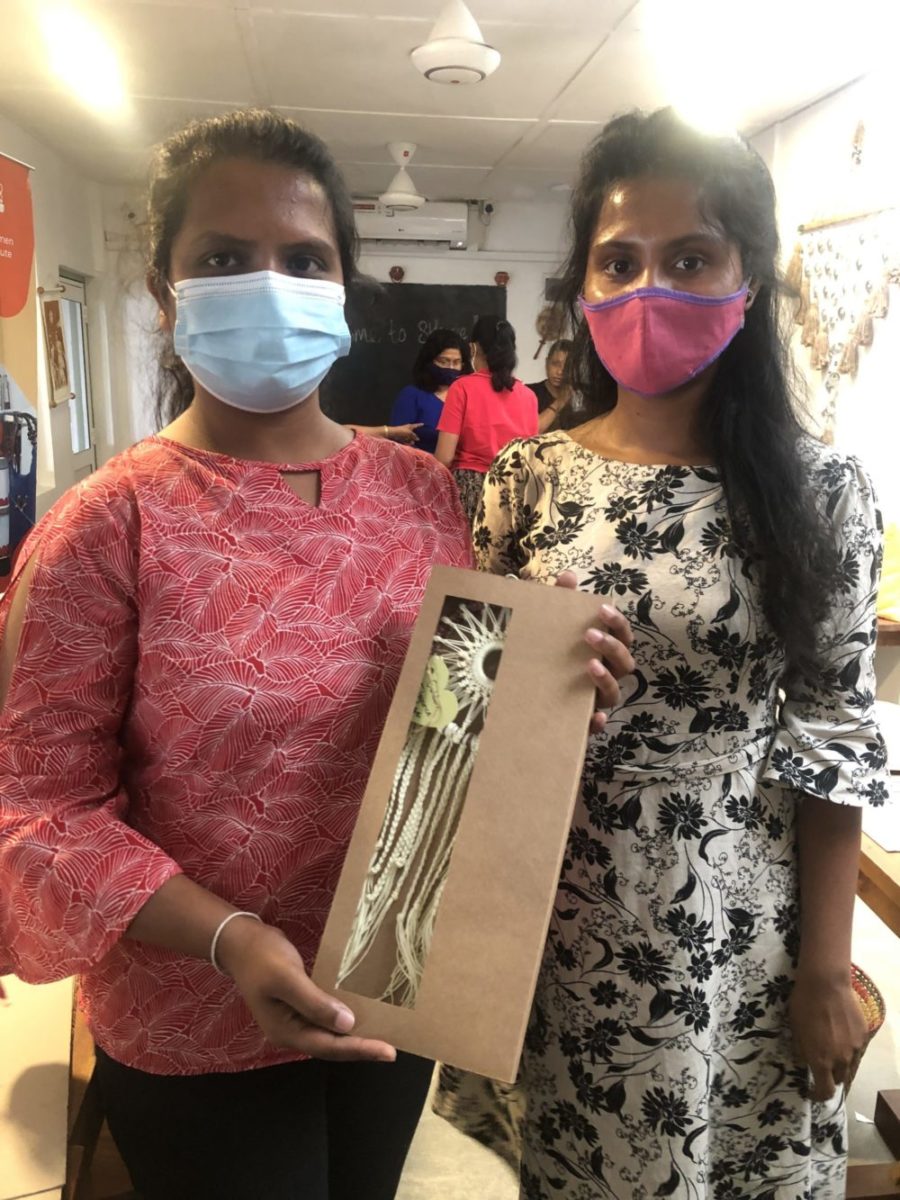One year after launching the Global Community Tourism Network, Planeterra announces recipients of Global Community Tourism Fund.
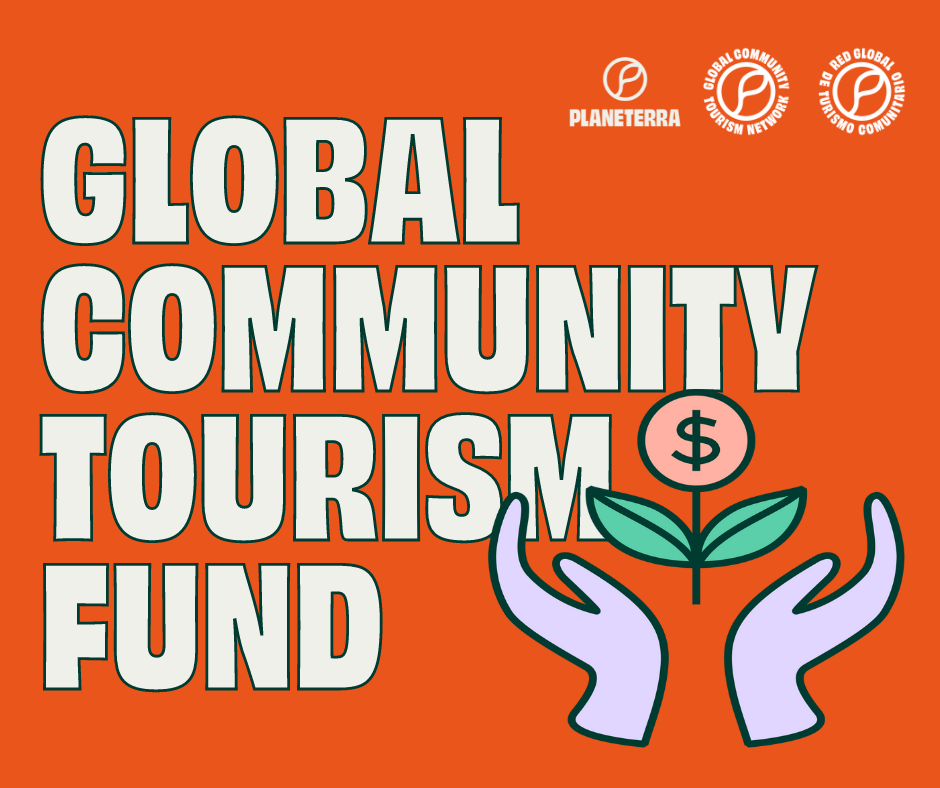
It has been one year since we publicly launched the Global Community Tourism Network. We started with 200 community tourism enterprises in the Network in 68 countries and have grown to over 387 communities across 76 countries in just one year.
Through countless webinars, mentorship sessions, and peer to peer learning, we knew that we wanted to take our support one step further.
In March 2022, we launched the Global Community Tourism Fund, a grant program that supports growth and recovery for community tourism enterprises within the Global Community Tourism Network (GCTN) through small grants and mentorship. We received many applications from our community partners around the world and are excited to announce the recipients.
Each recipient will receive a flexible grant to support initiatives such as infrastructure upgrades, equipment purchases, marketing, training and more. Read more about the first projects supported by the fund below:

Lavender Jeep Siem Reap – Cambodia
Lavender Jeep is an adventure tour company providing curated tours of Siem Reap, Cambodia, in a 1975 A2 American Jeep. Lavender Jeep was founded to create employment opportunities for women and fund educational programming that primarily benefits young women and families. The staff members are shareholders in the company earning 30% of the profits on the tour.
A change in vehicle registration laws in Cambodia meant that funds were now required to register their jeeps. Without funds to cover this cost, Lavender Jeep had to decline tour bookings over the past months. Lavender Jeeps hasn’t had travellers since March 2020 and requested a grant to help get their drivers back on the road! With this grant, they are able to register and be able to receive travel bookings again!
Learn more here.

The Cove- Malawi
The Cove Ecolodge is a social enterprise in Chitende, Malawi. Their mission is to utilize money from tourism revenue to support community-driven development projects. They believe in fostering sustainable solutions through building relationships, working and learning together, and valuing their interactions with each other and the environment. A few of their development projects include road construction, water solutions, as well as community grants to young single mothers.
Chitende is a rural village in northern Malawi that is isolated from the government grid system for water and power. The ecolodge does not have access to water for their showers. Planeterra has distributed a grant to support the building of a piped water source in a central location in the community that will allow for 15 households to have access to cleaner, closer portable water. This piped water system will also allow the lodge to have water which will enable them to increase their customer base.
Learn more here.

Girls Empowered by Travel- Nepal
Girls Empowered by Travel – Nepal (GET-Nepal) is a non-profit organization that provides safe opportunities for women to travel and get involved in community work in a welcoming and safe environment. Through travel and tourism, GET-Nepal aims to empower women, especially those from marginalized backgrounds, by engaging them in leadership building workshops, creating female change-makers, and providing opportunities for economic participation.
Throughout the last two years, the hiking trails in the local village have fallen into disrepair. This hiking trail is needed in order to receive travellers as they will trek from the bus stop to the community. Through the Global Community Tourism Fund, we have sent a grant to support the community to re-open these trails in order to safely receive travellers in the coming months.
Learn more here.

Red Rocks Intercultural Exchange Center- Rwanda
Red Rocks brings under-served communities into the tourism supply chain and supports community development projects through their initiatives of cultural heritage conservation, visual and plastic arts (painting, drawing, sculpture, modeling, etc.), and graphic arts (painting, drawing, design, and other forms expressed on flat surfaces). Red Rocks also provides budget accommodation including a hostel room, an ample tranquil campsite in Red Rocks Intercultural Center, and Red Rocks Guest House to host visiting travellers.
As a result of the pandemic and the lack of tourists visiting the area, many artisans and weavers have no markets to sell their crafts. Unfortunately, this has impacted women and youth more significantly. Red Rocks requested funding to develop and implement a marketing plan to increase the number of visitors to seven local communities. The funds will support new audiovisual and promotional material, update their website, and train local leaders on marketing in the area.
Learn more here.

Osmose- Cambodia
Osmose is a non-governmental organization dedicated to the environmental preservation and the socio-economic development of the Prek Toal area, located in the Tonle Sap UNESCO Biosphere reserve. Osmose facilitates both the conservation of the Tonle Sap environment and the sustainable livelihoods of the floating village communities. The projects are based on income-generating activities, mainly visitor services including meal experience, homestay experience, guide service, peddle boat ride, and water hyacinth handicrafts. For this purpose, Osmose trains specialist guides to conduct eco-tours and created a community restaurant and some homestay services. Women in the community are trained in water hyacinth weaving and can sell their products for additional livelihoods. All these services are managed by a local cooperative supported by Osmose.
Osmose has created several floating structures: a Saray water hyacinth handicraft workshop, an environmental education school, and a community restaurant all connected by a floating bridge. Some of the bridges are currently in a poor condition. Income from ecotourism saved in the community box supported the maintenance, however, because of the COVID-19 crisis and the lack of visitors for nearly two years, there weren’t funds to support the repairs. Planeterra has sent a grant to support the renovation of the various platforms so that it is safer for staff and visitors to the area!
Learn more here.

Asociación de Turismo Rural Solidario ASTURS PERÚ- Perú
Asociación de Turismo Rural Solidario ASTURS PERÚ is a community-led and owned organization representing 14 Indigenous families and impacting 70 community members. The association provides homestay experiences on Lake Titicaca, Perú. The experience benefits community members through capacity building and training on community tourism, and offering an alternative source of livelihood. Due to the COVID-19 pandemic, community tourism activities have been hit hard, many local families lost income from tourism which was their major economic activity.
Today tourism is restarting slowly, but the homestays need improvements to guarantee health and safety for travellers. Previously, homestay hosts used only piped water both for their consumption and to prepare food for travellers, however, new domestic health and safety restrictions require filtered water for guests. Planeterra is helping support a new piped water system that will allow for 12 Indigenous households to have access to cleaner and potable water. This implementation will not only guarantee a quality service for travellers but also improve the health of the local community.
Learn more here.

Red de Turismo comunitario Jipijapa Wankavilka- RED TCJW- Ecuador
Red de Turismo comunitario Jipijapa Wankavilka is a community tourism network that is represented by 7 communities of the Manabí province, on the coast of Ecuador. The organization works to empower their community through tourism, specifically women, as well as to preserve local traditions, and protect their natural resources.
The COVID-19 pandemic has resulted in significant loss of income for the communities, despite having the infrastructure and tourist attractions in the area. Currently, the lack of internet access, digital tools, and traveller awareness has been a significant barrier to the community. Planeterra is providing a grant to support the development of a marketing plan, including funding new audiovisual and promotional material, website support, and training for local leaders on marketing initiatives. We hope this grant allows them to connect with travellers once again to support these communities.
Learn more here.


